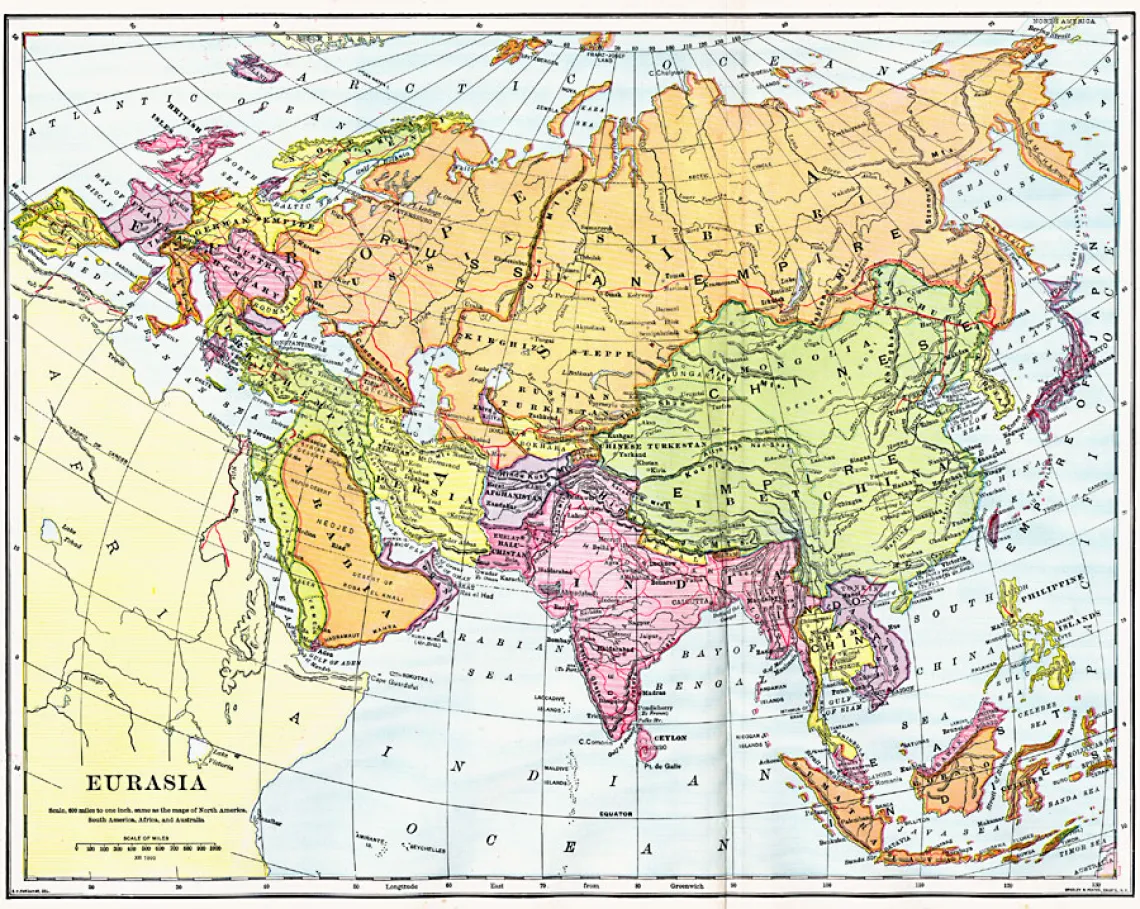Eurasia emphasis option for Human Rights Practice Graduate Certificate students

Beginning in 2024, students pursuing the Graduate Certificate in Human Rights Practice will have the option to complete the certificate with an emphasis in Human Rights in Eurasia.
"A focus on Eurasia provides insights into human rights practice in an area that is seldom considered and indeed not very well known in the human rights field," noted Prof. Leonard Hammer, who helped to lead development of the new emphasis. "Yet, there are incredible initiatives and projects being undertaken by a variety of human rights practitioners in Eurasia, including as well Central Asia, offering stimulating insights into practice methodologies and approaches that can serve to broaden one's knowledge of the ways and means of practicing human rights."
In spring 2024, session 2 Dr. Hammer will be co-teaching the first course in the Eurasia emphasis with Russian and Slavic Studies Professor Liudmila Klimanova. This course, required for completion of the Eurasia emphasis, is HRTS/RSS 461/561: Human Rights in Eurasia. It will be offered in spring 2024 session 2. This course will cover how international human rights are integrated into the region, review the historical background and socio-cultural underpinnings of various states, and then focus on specific issues including LGBTQ+, minority and linguistic rights, feminism in the region, and others. The course will then consider how the international human rights system might (or is, at times) employed to uphold rights and differing perceptions of the rights and different groups accorded by states and controlling factions.
Dr. Hammer also noted that "A Eurasian focus provides incredible networking advantages for an area desirous of engaging and interacting with human rights practitioners, affording a host of openings for interesting coursework and even potential employment upon completion of the degree. Given the Human Rights Practice Program's connection to institutions in the region, including in Kyrgyzstan, Russia (as best allowed), Ukraine, and Kazakhstan, students can effectively operate with their peers overseas on meaningful and impactful projects using their skills and knowledge to achieve actual results."
Interested students also can apply for a foreign degree at one of our partner institutions in Eurasia should they wish to spend time in the region. Finally, some courses operate with the UA's Russian and Slavic Studies department, thus affording students even more cultural and social insights, as well as an opportunity to develop skills in the different languages of the region.

